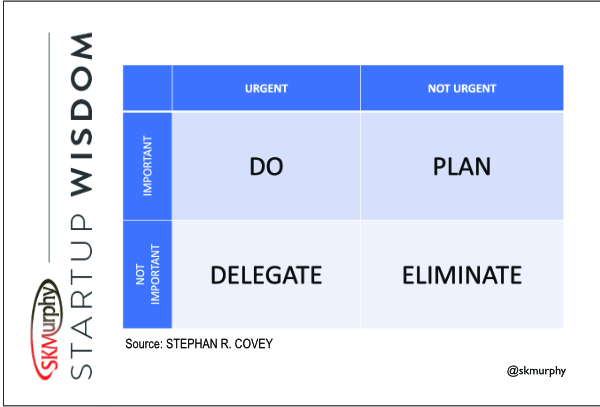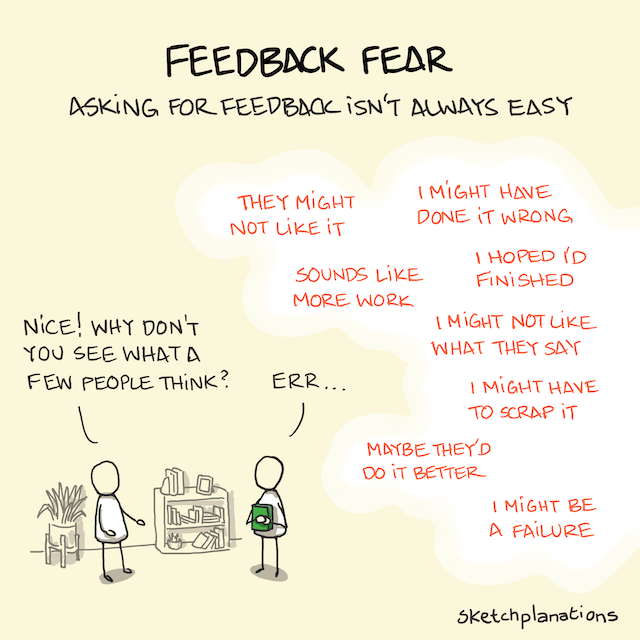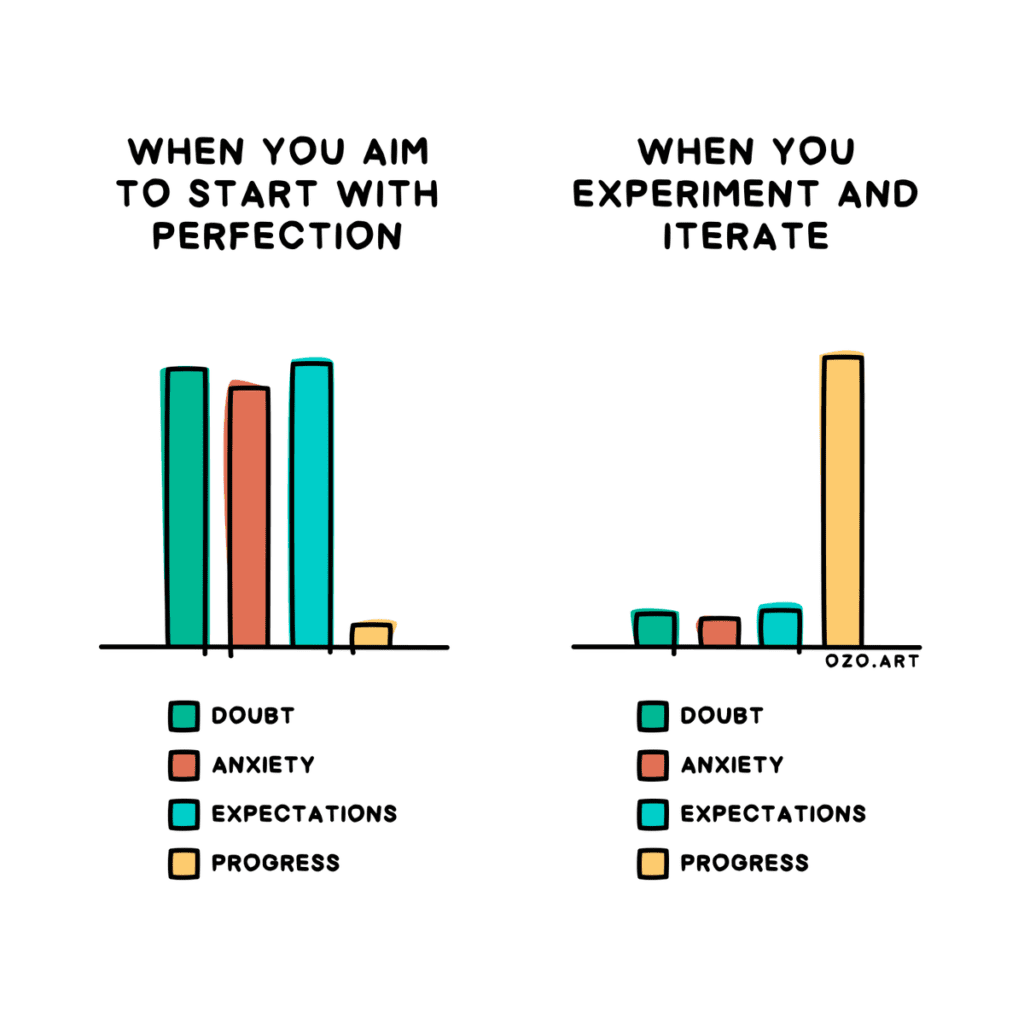The theme for this month’s collection of quotes for entrepreneurs is taking action.
Quotes for Entrepreneurs Curated in May 2023
Theme for this month: taking action.
+ + +
“Don’t wait until you feel like doing something.”
Julie Fast in”Get It Done When You’re Depressed“
h/t Oliver Burkema in “The Key to Getting Motivated: Give Up” April 5, 201. After I came across this quote I read her book and used it as the basis for “Julie Fast offers four practical tips on perseverance.”
+ + +
“Hope is the feeling we have that the feeling we have is not permanent. ”
Mignon McLaughlin, The Neurotic’s Notebook, 1963
The next step is to take the actions needed to make what improvements you can.
+ + +
“Lord save us all from old age and broken health and a hope-tree that has lost the faculty of putting out blossoms. ”
Mark Twain, letter to Joe T. Goodman, April 1891
Today is a good day to count blessings–any day is–but six months from now I fear we will look back and know it. I don’t mean this as a counsel of despair, just encouragement to count blessings and realize that the economy will probably get worse before it gets better.
+ + +
“Never mind that your actions seem hopeless. Act anyway, for you have a greater ability to act than to judge hopelessness.”
Robert Brault
+ + +
“The great tragedy of Science—the slaying of a beautiful hypothesis by an ugly fact.”
Thomas Huxley in “Aphorisms and Reflections” (item CCXIX (219) [Gutenberg]
(h/t QuoteInvestigator) Entrepreneurs can resist actions that may pit a beautiful hypothesis–marvelous in the imagination as a key building block for a new product–against ugly facts that vaporize it. Jono Hey highlighted some key aspects of this in his “Feedback Fear”
+ + +
NIKE
Principles(by Rob Stasser 1977)
- Our business is change
- We’re on offense. All the time.
- Perfect results count — not a perfect process.
Break the rules: fight the law.- This is as much about battle as about business.
- Assume nothing.
Make sure people keep their promises.
Push yourselves push others.
Stretch the possible.- Live off the land.
- Your job isn’t done until the job is done.
- Dangers
Bureaucracy.
Personal ambition.
Energy takers vs. energy givers.
Knowing our weaknesses.
Don’t get too many things on the platter.- It won’t be pretty.
- If we do the right things we’ll make money damn near automatic.
h/t Scott Reames
+ + +
“Lower the bar, have fun, and get going.”
Janis Ozolins (@OzolinsJanis)
+ + +
“I want every man to have the chance in which he can better his condition: when he may be a hired laborer this year and the next, work for himself afterward, and finally to hire men to work for him! That is the true system.”
Abraham Lincoln
More context:
When one starts poor, as most do in the race of life, free society is such that he knows he can better his condition; he knows that there is no fixed condition of labor, for his whole life. I am not ashamed to confess that twenty five years ago I was a hired laborer, mauling rails, at work on a flat-boat — just what might happen to any poor man’s son! I want every man to have the chance — and I believe a black man is entitled to it — in which he can better his condition — when he may look forward and hope to be a hired laborer this year and the next, work for himself afterward, and finally to hire men to work for him! That is the true system.”
Abraham Lincoln in a Speech in New Haven, Connecticut March 6, 1860
h/t HistoryPlace via Ralph Lerner in “Re-Imagining the Great Emancipator”
+ + +
“The past is a ghost, the future a dream, and all we ever have is now.”
Bill Cosby in “Time Flies” also [Archive]
You can only take action in the present. Two related quotes (at least in my mind):
- “The future is already here it’s just unevenly distributed.” William Gibson
- “The future is an illusion, all change is happening now” Marcelo Rinesi
+ + +
“I see in management, the specific organ of society that has to maintain the dynamic equilibrium between change and continuity, without which societies, organizations, and individuals perish.”
ACTION POINT: Institute a systematic process of innovation to lead change.
Peter Drucker in “The Daily Drucker: 366 Days of Insight and Motivation for Getting the Right Things Done“
h/t Bryan Vartabedian; it’s in the entry for 31-August. The “Daily Drucker” offers an excellent overview of Drucker’s writing. When taking action consider whether it’s better to restore a system to a known good–if imperfect–configuration or explore toward potentially better or improved states. As Drucker observers, you need to strike a balance.
+ + +
“What now is clear and plain is that neither future things to nor past things exist. Nor is it properly said, ‘there are three times: past, present, and future.’ Yet it might possibly be properly said, “there are three times: a present of things past, a present of things present, and a present of things future.” For these three do exist in some way in the mind, but I do not find them elsewhere.
The present of things past is memory.
The present of things present is sight.
The present of things future is expectation.”
St. Augustine
You can only take action in the present, it can be in anticipation of future things and rely on memory but it must be now.
+ + +
“I believe in the soul. Furthermore, I believe it is prompt accountability for one’s choices, a willing acceptance of responsibility for one’s thoughts, behavior, and actions that makes it powerful.”
Alice Walker in “The Third Life of Grange Copeland” (afterword in 1988 edition)
+ + +
“People often say that this or that person has not yet found himself. But the self is not something one finds, it is something one creates.”
Thomas Szasz in “The Second Sin” (1973)
I have referenced this quote in four posts:
- Julian Fellowes on Persistence, Getting Started, and Logical Consequences (2007) suggested by Fellow’s observation, “The 1960s pretended that everyone had years and years to decide what to do with their lives and they should go off round the world and find themselves and all that. As a result, an enormous number came to their chosen professions too late to make a mark in them. You still see them wandering around Chelsea in leather jackets with long, thinning hair, casualties of the lie that there was plenty of time.”
- Bill Waterson on the Real World (April 2016) triggered by Bill Watterson‘s remark, “To invent your own life’s meaning is not easy, but it’s still allowed, and I think you’ll be happier for the trouble.” I added ,”As with most design challenges, the key is removing self-imposed constraints on the solution that are not intrinsic to the problem and exploring the possibilities this now enables for you.”
- Quotes for Entrepreneurs Curated in August 2016
- Discovery, Invention, Growth, Renewal (Nov-2016)
But today I learned that Garson O’Toole, my favorite Quote Investigator, now believes the credit should go to Sydney J. Harris:
“Young people searching for their “real self” must learn that the real self is not something one finds as much as it is something one makes; and it is one’s daily actions that shape the inner personality far more permanently than any amount of introspection or intellection.”
Sydney J. Harris in 1969 April 18 syndicated column “Strictly Personal” and included in “For the Time Being” (1972) [Archive]
Included in this month’s roundup on “taking action” because of the finish: “one’s daily actions that shape the inner personality far more permanently than any amount of introspection or intellection.”
+ + +
“We are now faced with the fact that tomorrow is today. We are confronted with the fierce urgency of now. In this unfolding conundrum of life and history there is such a thing as being too late. Procrastination is still the thief of time. Life often leaves us standing bare, naked and dejected with a lost opportunity.”
Dr. Martin Luther King, Jr. in a speech at Riverside Church in New York City on April 4, 1967
King used “the fierce urgency of now” in his “I have a Dream” speech as well.
+ + +
“The disagreement is centered around the embrace or rejection of a certain set of principles:
- uncovering and amplifying the best talent,
- valuing meritocracy over credentialism,
- fixing problems by circumventing institutions,
- and thinking from first principles.
which underpin the tech industry’s runaway success.”
Nadia Asparouhova in “Silicon Valley’s Civil War“
+ + +
“He had felt like a man rushing to catch a train he was anxious to miss.”
Helen Hudson in “Meyer Meyer”
I feel this way about the future sometimes: I am in a tightly packed crowd in a Tokyo subway station being pushed on board a train I have realized I don’t want to take. Of course, when talking about the future it’s important to remember:
“The future is an illusion, all change is happening now.”
Marcelo Rinesi
+ + +
“There is a fundamental conflict between two very different ways of thinking. It is the conflict between curiosity and the resolve and focus that is necessary to solve problems. Curiosity, while it fuels and motivates, despite being utterly fundamental to the generation of ideas, in isolation just culminates in lots of long lists, perhaps some ideas, but alone that’s sort of where it ends.”
Jony Ive in his Nov-19-2018 speech accepting the Stephen Hawking Fellowship
You need both modes, without curiosity you become stale, with endless curiosity but no focus you don’t complete anything. Curiosity motivated by need is more likely to bear fruit:
“They say necessity is the mother of invention, but it’s really the impetus for learning. The best way to learn something is to need that something. Learning when you don’t really need to is a good way to give up early. Learning when there’s something you truly need to do, but can’t, but could, is the right time to figure something out.”
Jason Fried in “You Can Learn AI Later“
+ + +
“Insight is the opposite of predictable. Insights are disruptive. They come without warning, take forms that are unexpected, and open up unimagined opportunities. They are dis-organizing. Insights disrupt progress reviews because they reshape tasks and even revise goals. They carry risks —unseen pitfalls that can get managers in trouble.”
Gary Klein in “Insights vs. Organizations“
+ + +
“Three questions to ask before considering partnering with another firm:
- What assumptions are we making about future demand and what evidence do we have for them?
- How will the two companies truly integrate their offerings?
- How will we make the customer jobs-to-be-done better by collaborating?”
Rita McGrath in “Assumptions are Treacherous“
+ + +


+ + +
“If you want to be instrumental in building something great, you must sign up for perpetually striving to meet the customer where the customer wants to be. It’s work, a lot of it.”
Moe Arnaiz, CEO at Weeldi
Moe shared lessons learned from bootstrapping eMOBUS and Weeldi at a recent Lean Culture event.
+ + +
“Now is a good time to talk about AI because the first movers have gotten sick of it but the normies are just discovering it. For what it’s worth: my “AI superintelligence doom” estimate is less than one percent. My “bad actors create AI dystopia” estimate is around 15-20% though.”
Brian Lui (@brianluidog)
+ + +
“The benefit from asking a stupid sounding question is small in most particular instances, but the compounding benefit over time is quite large and I’ve observed that people who are willing to ask dumb questions and think “stupid thoughts” end up understanding things much more deeply over time. Conversely, when I look at people who have a very deep understanding of topics, many of them frequently ask naive sounding questions and continue to apply the techniques that got them a deep understanding in the first place.”
Dan Luu in “Willingness to look stupid“
The ability to ask fundamental questions is a hallmark of expertise. A willingness to be viewed as mistaken, stupid, or acting contrary to conventional wisdom is a hallmark of successful entrepreneurs. Both are willing to admit they were mistaken after enough exploration.
Which reminds me of a quote I used in “Entrepreneurs Need To See With Newcomer’s Eyes And Ask Stupid Questions”
“Familiar things happen, and mankind does not bother about them. Simple solutions seldom are. It requires a very unusual mind to undertake the analysis of the obvious.”
Alfred North Whitehead in “Science and the Modern World” [Archive]
+ + +
“Teachers should prepare the student for the student’s future, not for the teacher’s past.”
Richard Hamming
+ + +
“Anything ridiculous on the surface may have all the more value to it underneath. I have a rule. When I see something that makes absolutely no sense whatever, I figure there must be a damn good reason for it.”
Peter DeVries in “Let Me Count The Ways”
I referenced this in “Lost Arts and Roads No Longer Taken.” Assuming there are damn good reasons for historical decisions and traditions is a good rule of thumb. Those reasons may no longer apply, but it should be a starting assumption. This is insight is embedded in “Chesterton’s Fence” and applicable to any infrastructure in use. Related blog posts:
- Orienting, Observing, Doing Homework, and Paying Dues.
- Eliza Calvert Hall: Piecing a Quilt is Like Living a Life
Related quote:
“Code is not a collection of keystrokes. It is a collection of decisions, which are the distillate of experience and learning.”
Tim Ottinger (@tottinge)
+ + +
“Small deeds done are better than great deeds planned.”
Peter Marshall
+ + +
“We live in a wonderful world that is full of beauty, charm and adventure. There is no end to the adventures that we can have if only we seek them with our eyes open.”
Jawaharlal Nehru
I am not sure this is true, at least when it comes to summoning the need for a creative solution. Most of my adventures start with, “How hard could it be?”
+ + +
“How I used to do things—and still mainly do—is now considered a workaround.”
Sven Birkerts (@svenbirkerts)
Nothing lasts longer than a temporary workaround.
+ + +
“Coordinating change across multiple agents/teams is really, really hard.”
Lorin Hochstein (@norootcause)
You have to build high trust and rely on “recon pull.” Agreed upon high-level objectives, trust that each local team can maintain shared situational awareness and progress toward common goals. Look at the “team of teams” model with open communication and periodic re-synchronization. I listed “recon pull” as one of key values for the 2020s and 2030s in The Shape of Firms to Come: Key Values and Architectural Philosophy.
- Intelligence augmentation (not AI)
- Human Touch at Scale: Enable Customer Intimacy not an Instrumentality
- Tap Expertise Like Electricity: Rely on Recon Pull Over Centralized Command
- Focus on Learning from Customers: View Requests as Opportunities
- Play a Long Game: Focus on Longer Term Possibilities Over Short Term Gains
- Play a Fast Game: Act on Good Enough Now Don’t Wait for Perfection or Certainty
- Embrace the Possibility of Failure to Prevent it, the Reality of Failure to Learn from It
- Act Entrepreneurially and Foster Ecosystems to Create More Value Than You Capture
+ + +
“A scholar applies a rule, an artist follows a lead.”
William Stafford
Both approaches are valuable, the first is focused on execution and predictable outcomes, the second on exploration. See “Chalk Talk: Where is your team in the explore exploit continuum?” and “Entrepreneurs Exploit Errors in Conventional Wisdom.” The latter requires you to follow the rules but pay attention and tinker when you don’t get the results you expected.


